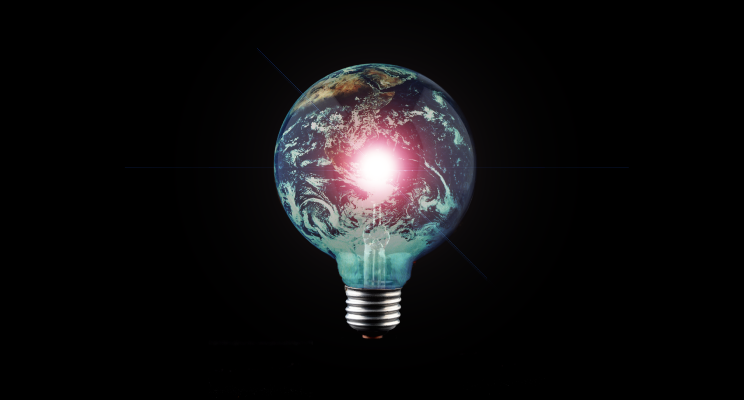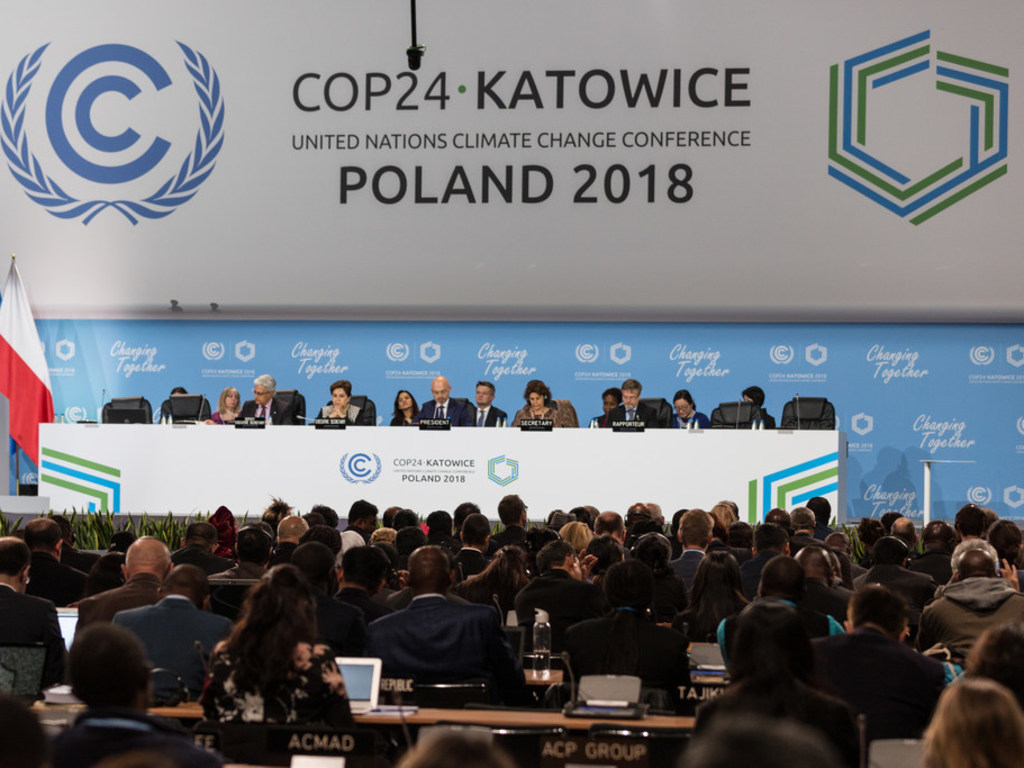
By Bamidele Oni
A lot has happened in the climate change scene in the last few months, but I haven’t really found enough motivation to update my writings for a while.
Why?
As difficult as it is to give up on a good cause, at times it becomes necessary to take a back seat in order to reflect objectively and see through a different lens. Often, I ask myself if we will eventually get our acts together regarding climate change, eco-sustainability and the race to finding a balance between the needs of man and the rights of nature.
Unfortunately, the unpromising atmosphere that abounds in the corridors of global power and influence usually results in a rather pessimistic conclusion after such deep reflections.
I will try as much as possible to keep this simple – avoiding complex vocabulary so that my reflections can cut across.
Almost every news channel carried the alarming news of the recent findings and projections of the Intergovernmental panel on climate change (IPCC). We have a few years left (less than 50) to get things right before we shift to the point of no return with regards to climate change.
Global temperature is rising faster than projected and the possibility of keeping it at 1.5oC base seems unlikely, as nothing much has changed since the supposed record-breaking climate negotiation that was held in Paris in 2015 (COP21).
Perhaps, it is more appropriate to add that the world has remained in a status quo waiting for the worst to happen.
Should we prepare for the worst?
If global temperature is rising faster than expected, then it’s not unreasonable to deduce that greenhouse gas emission is concurrently rising which as well is compounded by a lack of natural sinks to perform the role of storage.
The relationship is somewhat linear and, in a way, could be defined in the regards of cause and effect. Emissions from fossil fuel have not abated in recent times and the fact that the need for more fossil fuel has pushed for more earth-damaging means of exploration (fracking), has further worsened the situation. To make matters worse, deforestation has yet to be put to check, especially when considering the rate in developing countries located in the tropics.
They keep pledging
Countries have given their pledges, as usual, with some more ambitious than others. Unfortunately, the bolder pledges are usually from poor and vulnerable countries that are already drowning in the storm of the impact of climate change.
Although there are genuine responses from some parts of the world, they simply do not amount to enough to effect the changes that are desperately needed. Up until now, we still await a bold move that would eventually dispel the fear of uncertainties.
Many industrialized countries have come up with different measures to show the world that they are trying enough to solve the climate crisis, but in the real sense, most of such proclamations are not enough to secure our planet’s future. Such countries would never fail to put into consideration their economic advantage and global relevance. This is totally acceptable in reality, but if we stand by the true definition of mankind, it won’t be difficult for us to reach a consensus of collectively ensuring a balance to heal our world.
What is next
Later in the year in Poland, the whole world will work on the guidelines to set the Paris Agreement in motion. All this despite uncertainties regarding the level of ambition of each country’s nationally determined contribution to abating their relative emissions and responding to the impact of climate change.
It is rather unfortunate that many of the sponsors and financial incentives supporting these programs are funded by industries deeply embedded in the fossil fuel business. So, perhaps, the big negotiators are nothing more than actors with scripted lines. What’s more is that aside from the fact that governments have their stands, there are certain boundaries they refuse to cross given the influence and position of big investors (the real backbones of their respective economies). So, in a way, the façade of willingness and ambition might not entirely be proof of assurance.
One good question would be, is there really a way out, eventually? Perhaps a collective global revolution is what’s needed – one that would birth a new age for humanity as a species.












